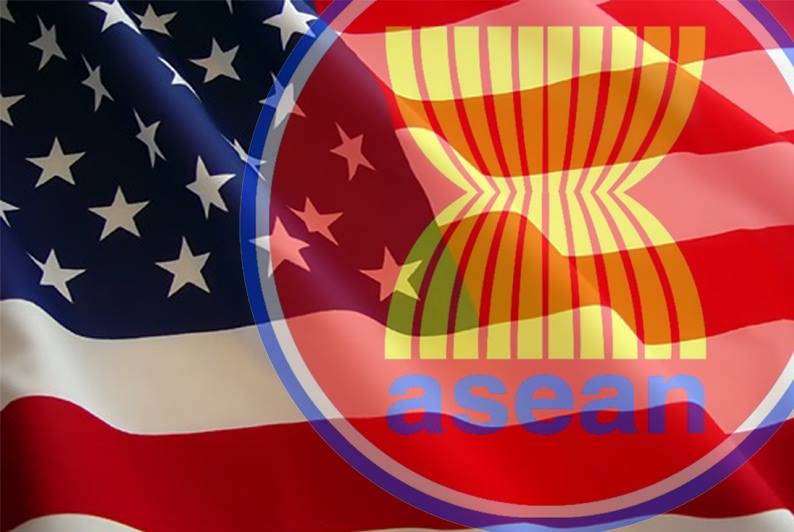Washington tries to relaunch ties with ASEAN countries.
Although the Afghanistan crisis has dealt a severe blow to the Biden administration, Kamala Harris’s visit to Southeast Asia is proof of US interest in strengthening strategic and economic relations with Asian countries.
August has been a busy month for the Biden administration in Asia: while in Afghanistan the United States had to leave the country within the terms established by the Taliban, in Southeast Asia there were several meetings aimed at strengthening Washington's relations in the Asian area.
At the beginning of the month, Secretary of State Antony Blinken welcomed Retno Marsudi, Foreign Minister of Indonesia, to Washington in order to discuss the main issues concerning the area. Among the main themes were the Covid-19 crisis (in the summer the average daily cases in Indonesia reached forty thousand) and the battle against climate change.
Blinken reiterated the strong link with the country with the largest economy in the Asian area, underlining that “Indonesia is a strong democratic partner for the United States: we work together on several fronts". On the other hand, for the United States, the dispute with China reaches not only the technology field and customs duties but also the South China Sea conflict, a thorny issue that affects Washington from both an economic and strategic point of view.
U.S. interest, which seemed at least partially vanished during the Trump administration, was revived with a series of on-the-spot visits. The first was that of Defense Secretary Lloyd Austin in Singapore.
The attempts to reconnect with the Asian area by the administration of the new President of the United States tend to recover the "Pivot to Asia" strategy of Barack Obama, which failed during the four years of Trump presidency, a period in which the relations with China became increasingly tense and in which affairs with Southeast Asia had appeared to have cooled.
Vice President Kamala Harris' visit to Vietnam and Singapore last week came after the criticized withdrawal from Afghanistan. Harris tried to reassure regional partners about Washington's long-term interest in the region, but did not find a triumphal welcome, particularly in Vietnam. Premier Pham Minh Chinh took advantage of the delay in Harris' arrival, caused by two possible cases of the so-called "Havana syndrome", to meet with Beijing Ambassador Xiong Bo and ensure that Vietnam will not enter any "anti-Chinese alliance”.
After all, uncertainty reigns in the region: since China is an essential economic partner for ASEAN and the countries of Asia-Pacific, it will not be easy for President Biden to tip the balance in favor of the United States.






